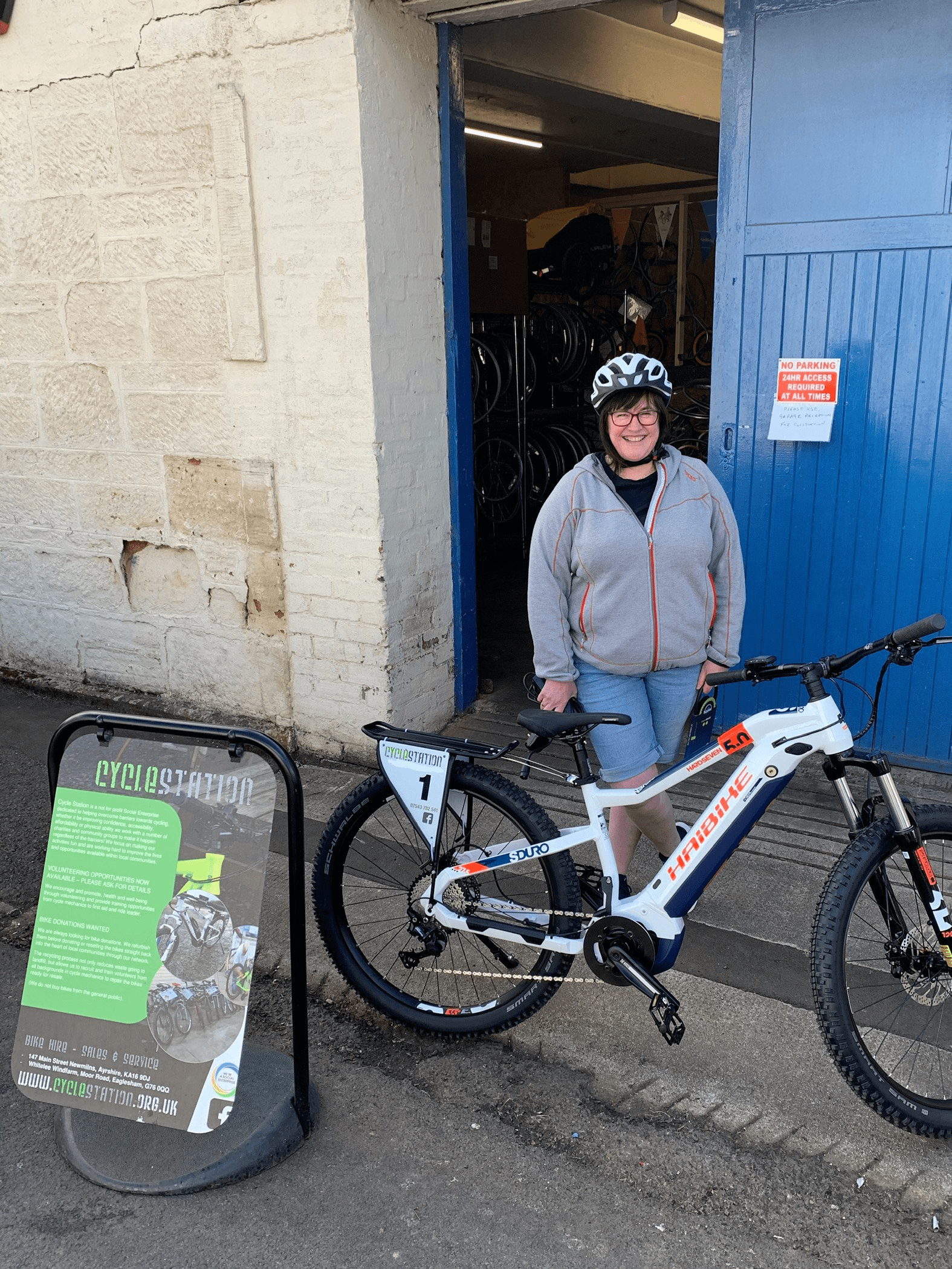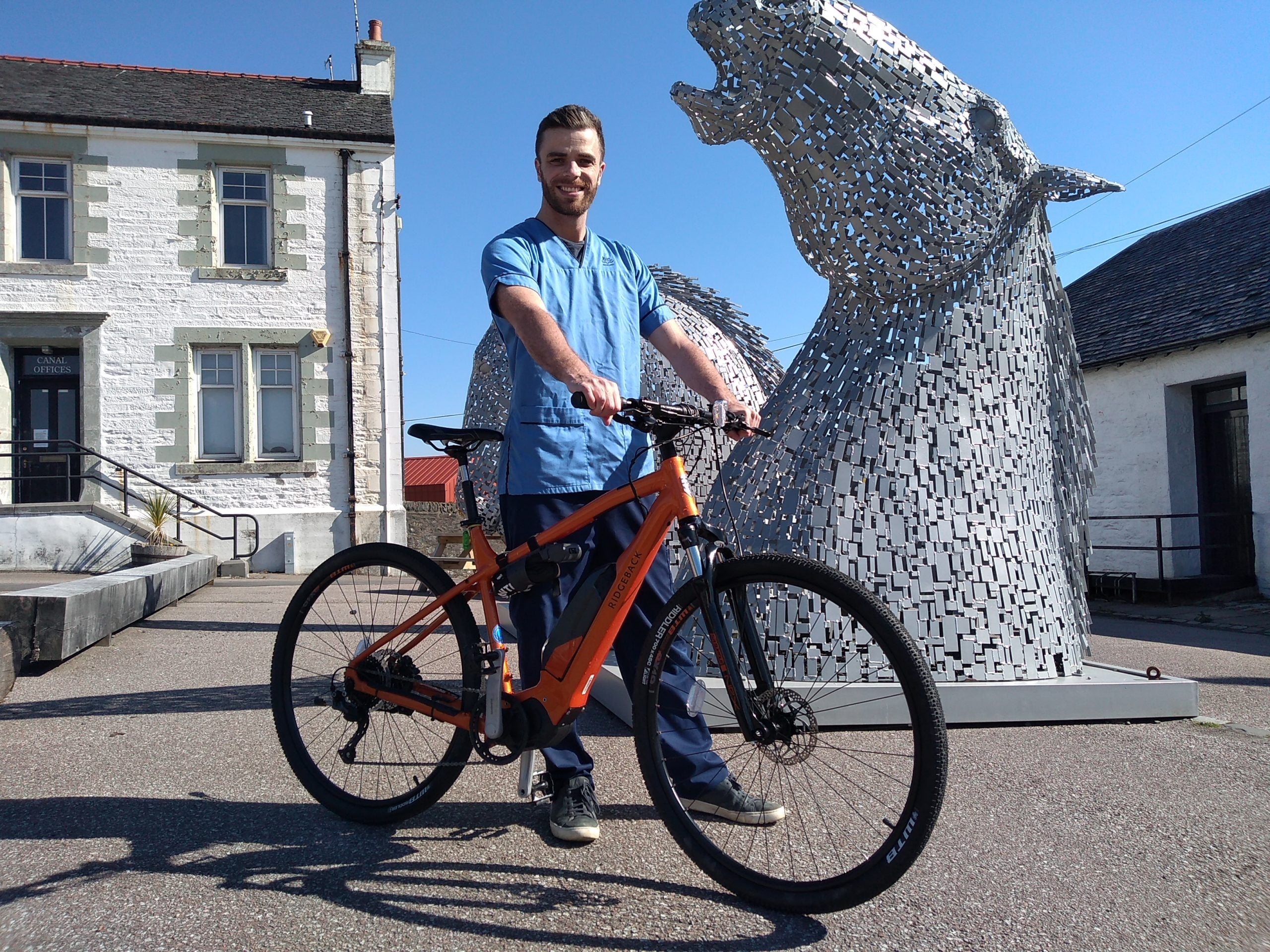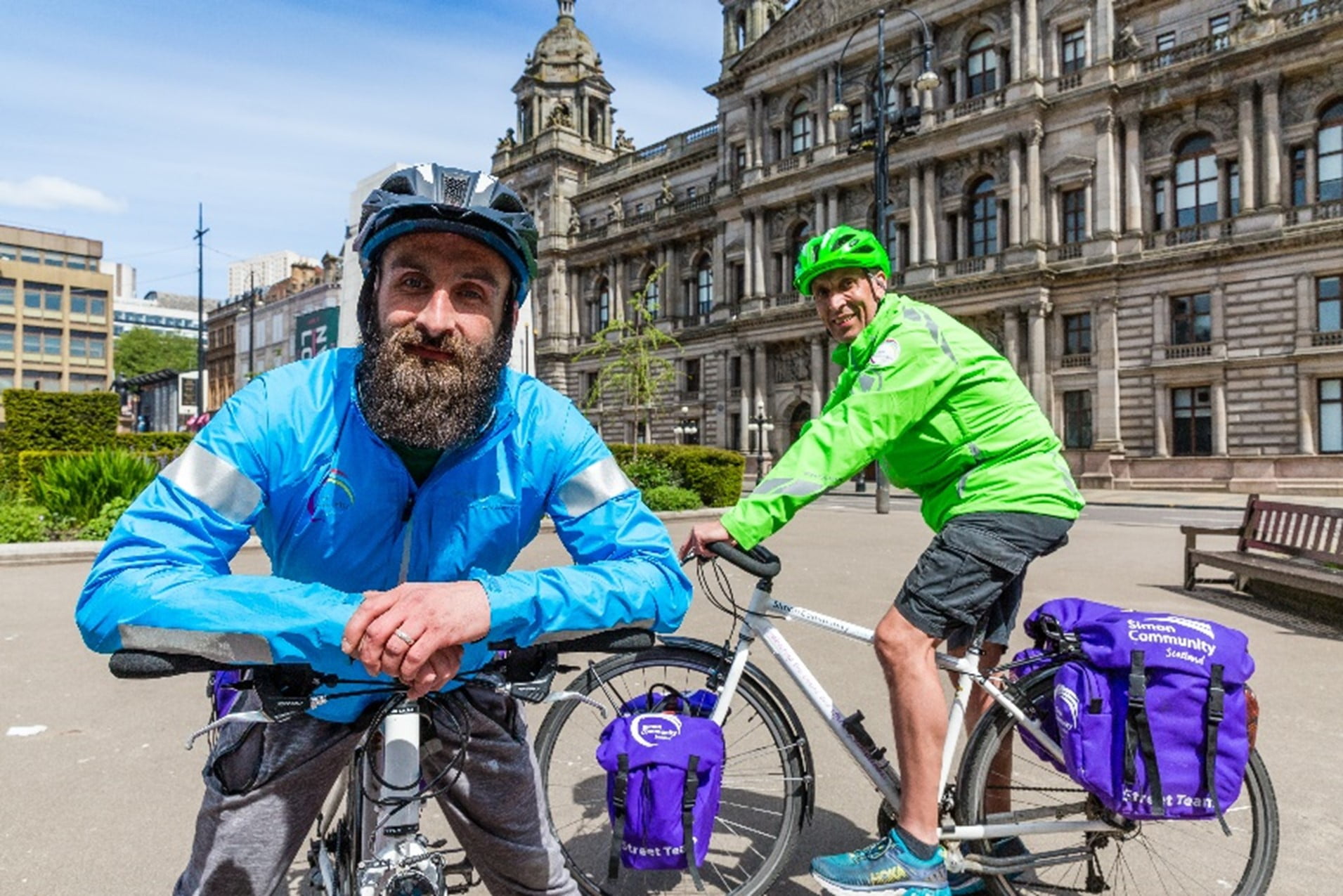In 2020, Assynt Development Trust helped seven key workers, including local government employees, care workers and ambulance service staff, cover a grand total of 1,058 miles on ebikes purchased using the grant.
Feedback from those who used the ebikes has been positive, with all now considering buying ebikes since they’ve tried them. Some noted how easy they were to use, while one user said it has allowed them to cycle “further and longer than they could have on a manual bike”. Since the start of the project, four people within the community have now purchased an ebike.


